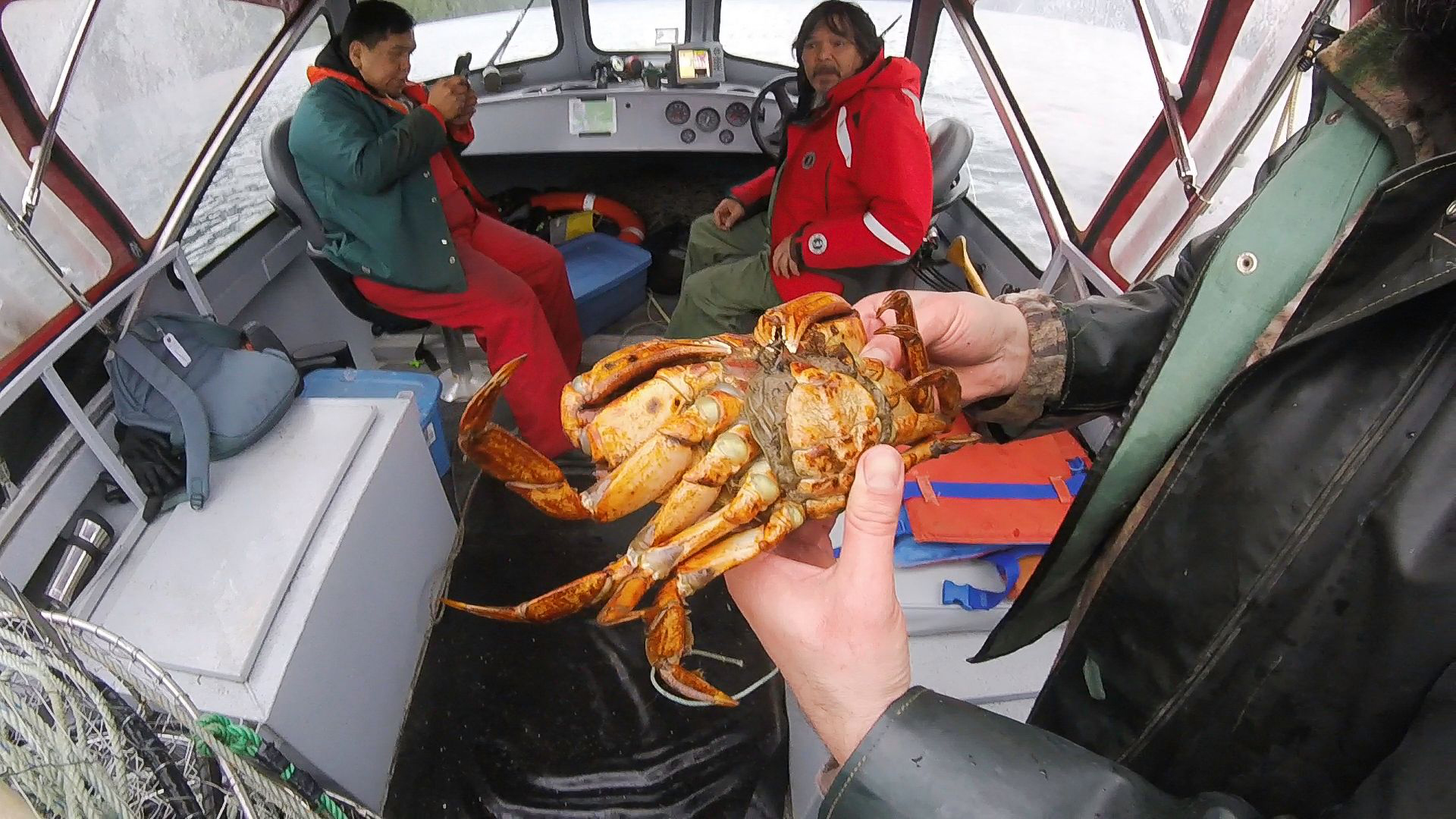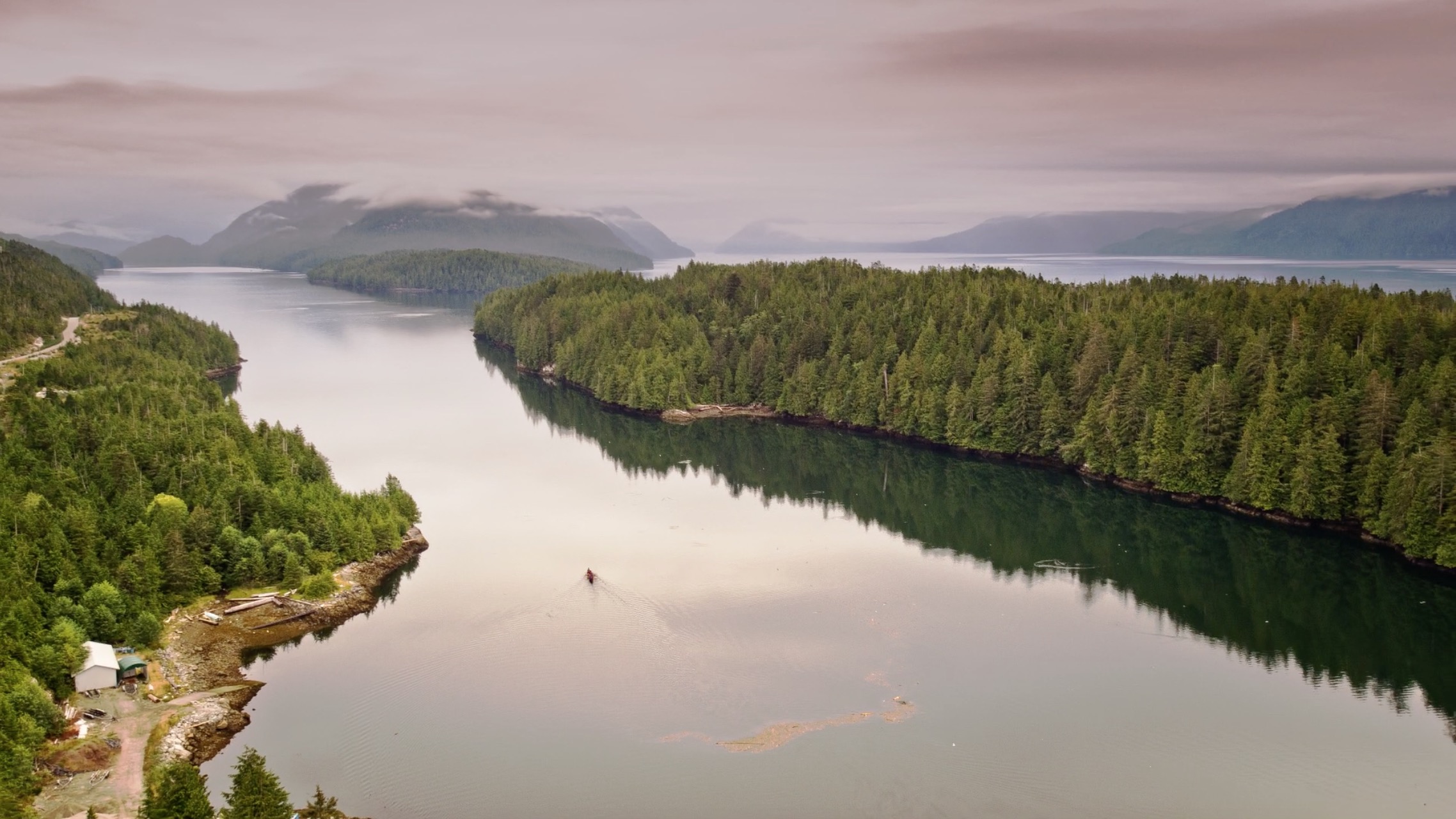Central Coast Nations are hoping landmark crab closures put forward in March will soon be in place to protect Food
for Social and Ceremonial (FSC) fisheries in their territories.
The four Nations are awaiting the final step in a process with Fisheries and Oceans Canada (DFO) that was expected to happen this summer but has been delayed.
The closures were proposed through the Central Coast collaborative crab management process – a co-governance process that began in 2017 with First Nations and Canada to protect crab populations and ensure sufficient access to FSC fishing.
“It’s a huge step,” says Madeleine McGreer, Fisheries Coordinator for the Central Coast Indigenous Resource Alliance (CCIRA) and Technical Working Group Coordinator for the process. “This will be the first area-specific recreational crab closure in British Columbia and it’s for more than one area at a time.”
The pilot is part of a larger Fisheries Resources and Reconciliation Agreement (FRRA) process underway with Canada by Coastal First Nations that will offer economic and governance opportunities to CFN communities.
The collaborative First Nations/DFO steering committee is recommending a list of closures based on a joint review of information on local crab biology and First Nations’ FSC needs.
“It was exciting how much further along in actual co-governance the Nations were as a result of the process.
Nowhere else in BC has this been the case. The Nations were at the table with DFO and finalizing the recommendations from the steering committee to leadership,” says McGreer.
Concerned about declining crab populations in their territories, the Central Coast Nations have led exhaustive data
collection for the past decade – forming the largest body of scientific data on Dungeness crab available for the region.
“Central Coast Nations became the experts in crab research and DFO came to them. Crab was chosen as a pilot for the FRRA co-governance largely because the Nations had the expertise, they had the data,” says McGreer.
Indigenous-led research has been key to the process, she points out. “The Nations had a lot more scope to shape the
research questions because they were the ones bringing the data to the table.”
“Decisions are being made together. Data is being reviewed and interpreted by both parties simultaneously instead of having a cumbersome back and forth review. And First Nations are formulating the questions.”
Since the 1990s, the Kitasoo/Xai’xais, Heiltsuk, Nuxalk, and Wuikinuxv Nations have watched crab numbers decrease on the Central Coast, culminating in a major decline in the early 2000s as commercial and sport fishing increased.
A 2014 CCIRA study showed that by reducing fishing pressures, crab numbers showed recovery in as little as ten months. This research supported the joint proposal by DFO and the Nations to establish recreational and commercial year-round crab fishing closures in important areas for FSC crab access.
Photo credit: Tristan Blaine


